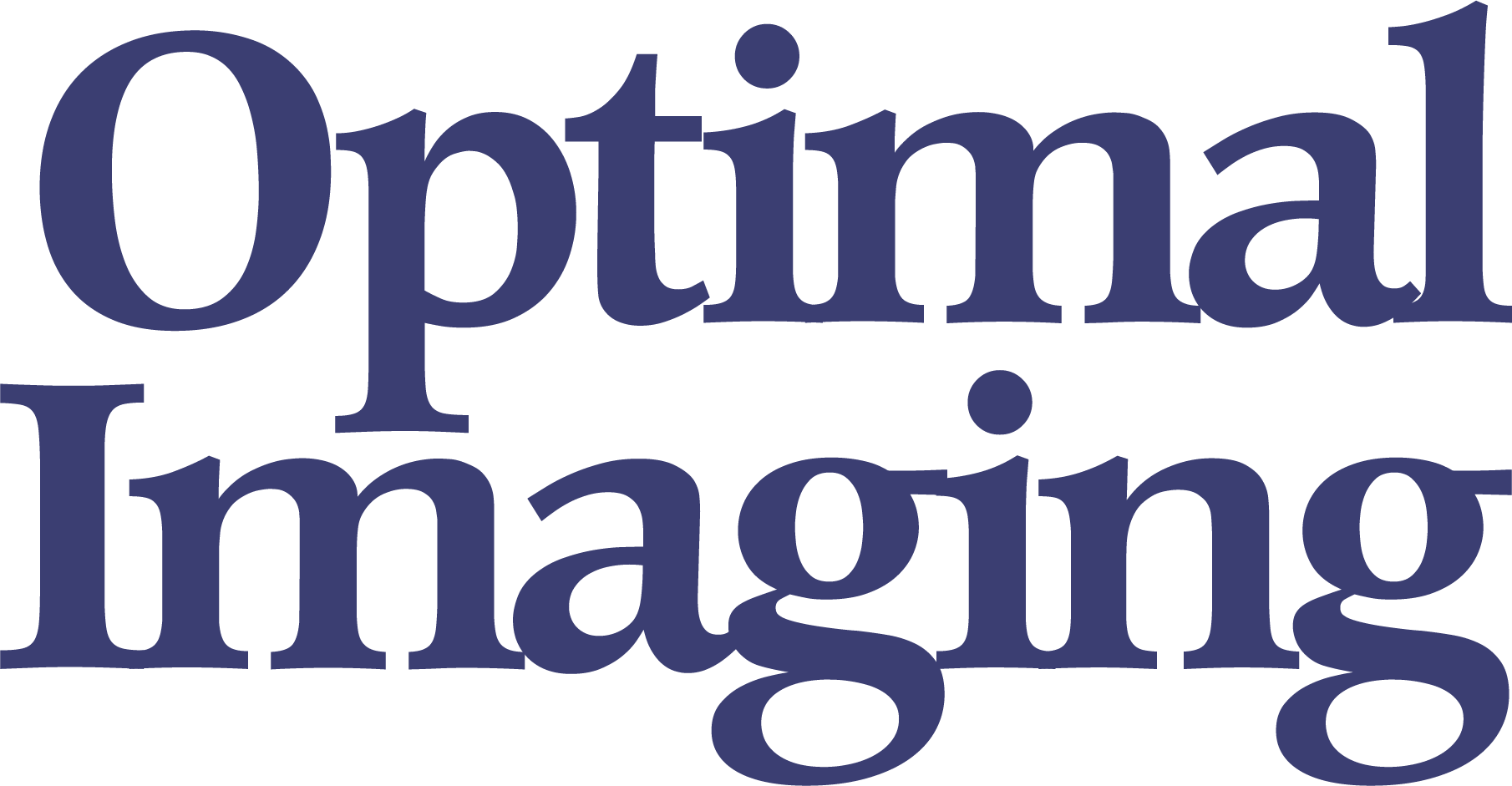A CT examination usually takes five to ten minutes.
•The technologist will properly position you on the CT table. To enhance the visibility of certain tissues or blood vessels contrast material may be required. Depending on the type of examination, contrast material may be injected through an IV, swallowed or administered by enema. Before administering the contrast material, you should inform the radiologist or technologist of the following:
•Any allergies, especially to contrast material.
•Whether you have a history of diabetes, asthma, myeloma, kidney problems, or heart conditions. These conditions may indicate a higher risk of reaction to the contrast material or potential problems eliminating the material after the exam.
•You will be alone in the room during your scan however the technologist can see, hear and speak with you at all times.
•During the injection of intravenous contrast material you may experience a warm flushed sensation or a metallic taste. If you have a contrast allergy you might develop, sneezing, itching, or hives. Very rarely a patient becomes short of breath, develops low blood pressure or has swelling in the throat or another part of the body, indicating a more serious reaction to contrast material that must be promptly treated. If you experience any of these symptoms, inform the technologist immediately.


